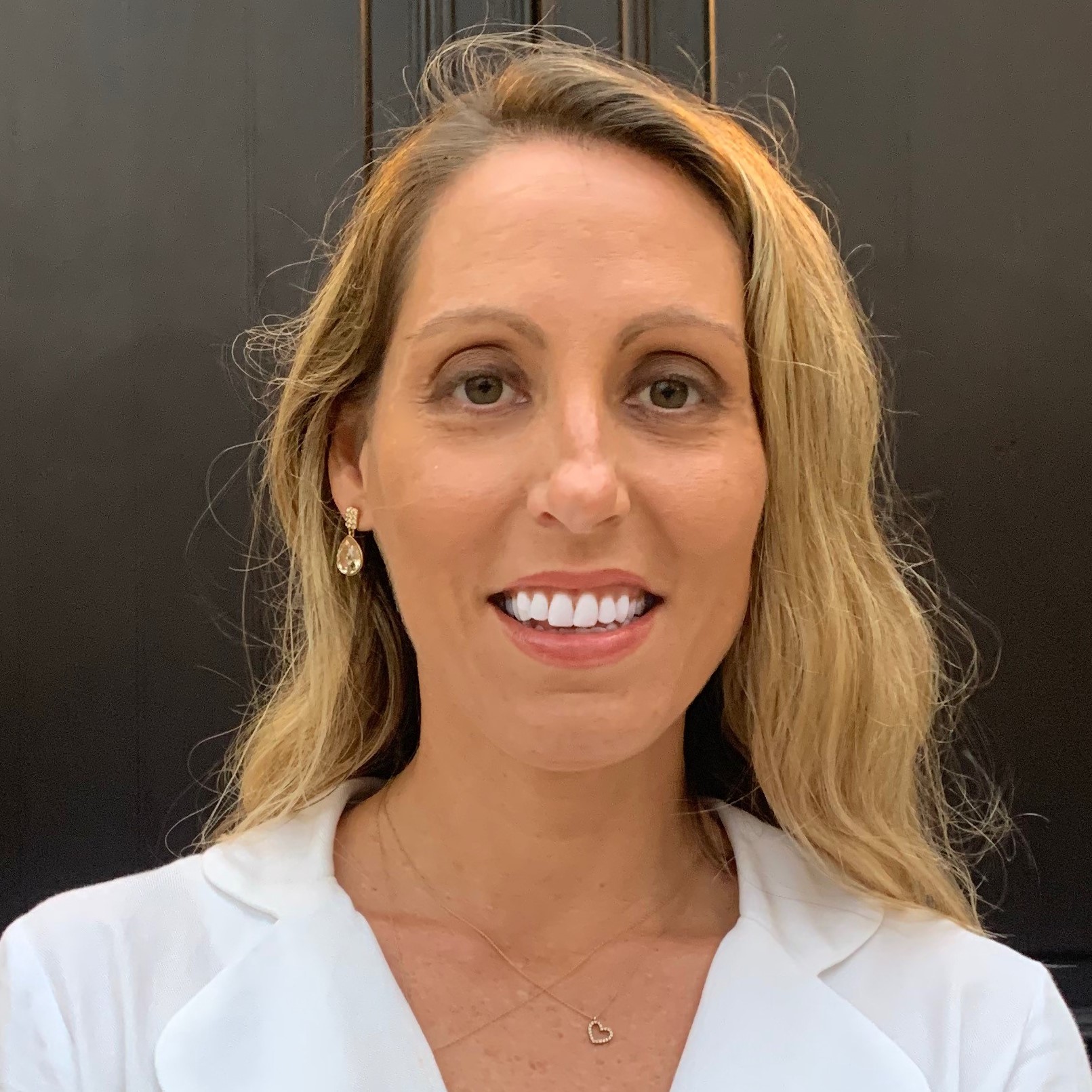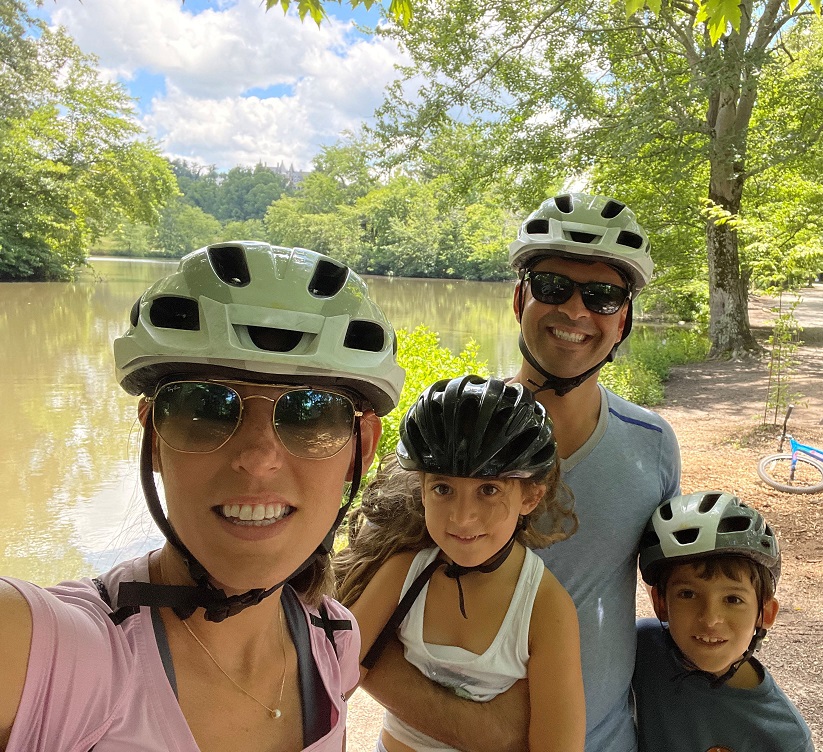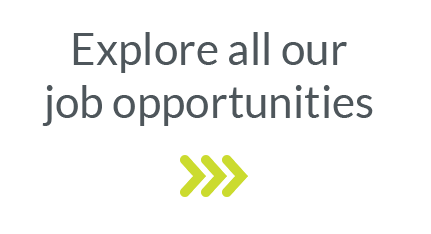Meet Jennifer Granit: Associate Director, Scientific Services in Medical Communications
"I really enjoy the fact that we play a part in bringing new drugs to the patient that will extend their life and improve their quality of life through communicating practice-changing clinical data."

Jennifer Granit, Associate Director, Scientific Services in Medical Communications provides information about her role, the challenges she faces in her position, and what excites her about the work she undertakes.
- Please introduce yourself and your role at Parexel.
My name is Jennifer Granit and I am an Associate Director, Scientific Services in Medical Communications
-
Can you tell me what a day in your job looks like? What are your core responsibilities?
I lead a team of writers to support our pharmaceutical clients with their publication activities, which include presentations and manuscripts, training activities, strategic documents, and publication planning. I serve as the primary scientific client contact, provide a senior review of materials and also support new business and Parexel training initiatives. -
When did you join Parexel, and why did you choose Parexel above our competitors?
I joined Parexel close to 7 and a half years ago. I chose Parexel for a number of reasons, but what I remember clearly is that they were very organized in their approach to interviewing and they had really exciting oncology accounts that I was interested in being a part of. -
What would you like people to know about your role as Associate Director, Scientific Services in Medical Communications?
My position is a “sweet spot” between project and team management and highly scientific, data-driven knowledge dissemination. I have the opportunity to apply some of the skills I learned in graduate school in a non-laboratory setting. -
What is it about your position in Scientific Services that challenges you most?
What makes this position so challenging is also what makes it so rewarding. I am always learning something new, which at times can be uncomfortable, but then when looking back at the experience, it is satisfying to see all that was accomplished. -
How would you describe what it’s like to work at Parexel?
Never a dull moment! There is always something exciting happening, either within specific client teams or at the business unit and company level with new initiatives. Because Parexel is a large organization, we have the benefit of many resources and more stability, but it still feels smaller, like a boutique agency within the Medical Communications group. So at some point, we all get to know each other. -
What excites you most about the work you do?
I really enjoy the fact that we play a part in bringing new drugs to the patient that will extend their life and improve their quality of life through communicating practice-changing clinical data. -
How would you describe what it’s like working with your colleagues?
The environment is very collaborative. There are no egos here. We genuinely listen to each other and support each other. In all of the positions I have held at Parexel, I have always felt “heard”. -
How has Parexel supported your career development?
I have always felt that there are opportunities for career progression. From the day I started working at Parexel, there has been regular attention to my career development, with annual goal setting that includes specific measures of progress towards those goals, online and in-person training for skills and competencies development, and opportunities to move up the career ladder which I have benefited from three times since joining the company. -
What skills are required to be an effective Scientific Specialist?
There are a number of skills that are required to be effective as a Scientific Specialist and are also useful as you move into other more senior-level positions. Having the tools/ability to familiarize yourself with a new therapeutic area, client, or type of project is key. It’s also important to be a good listener to genuinely hear what our clients are looking for even when they are not entirely sure exactly what they want and to be a clear communicator since we work in teams where each person plays an integral, but different role, in the development of a project. Some other important skills include a strong attention to detail, the ability to manage your time since we often have multiple projects in development at once, and of course, a positive and collaborative attitude! -
What advice would you have liked to receive, when you first started in your role at Parexel?
I received great advice from my mentor and former manager when I started working at Parexel. When I was a junior writer, if I received client or author feedback that resulted in any changes to what I had drafted, I took that to mean that I wasn't doing my job properly. That couldn’t have been farther from the truth. Interpreting scientific data is not just a science…it’s also an art, and stakeholders may have different ideas. My mentor told me to approach projects unemotionally, not without heart but to take in feedback scientifically and in a way that considers the potentially differing opinions of each stakeholder. Once I approached projects through that lens, I began to appreciate just how much value we bring to our clients as Medical Communications specialists! -
What do you enjoy when you’re not at work?
Dancing; running; trying a new restaurant with friends and family in my new city of 3 years, Miami; renovating my home.
-
Tell me three beliefs that you think would change the world for the better?
1) Respect and protect animals. That sets a moral compass in the right direction and will translate to respect and protection of humans.
2) Think about what kind of world you want your children, or your children’s children, or your friend’s children to live in, then take steps, even if small, to help make that a reality
3) Laugh…any opportunity you can get! -
If you wrote a ‘user manual’ for how people should interact with you, what would be the most important point in the manual?
Interact with me honestly and just be yourself! It’s no fun if we are all the same, so I appreciate differences.Do you want to work with Jennifer and her colleagues? Look for suitable Medical Communications opportunities here.
Did you enjoy Jennifer's story? If so, share it with your networks via the below links.





